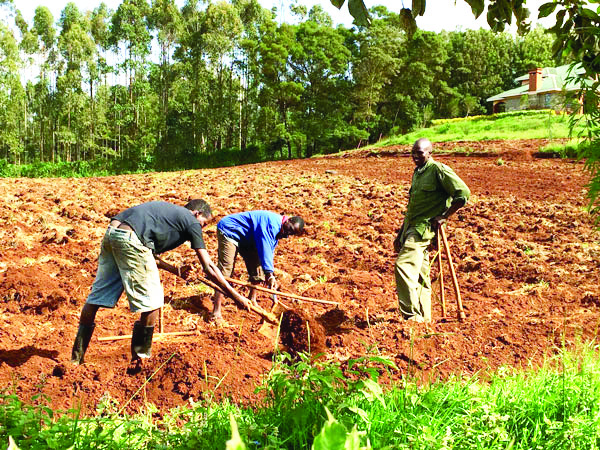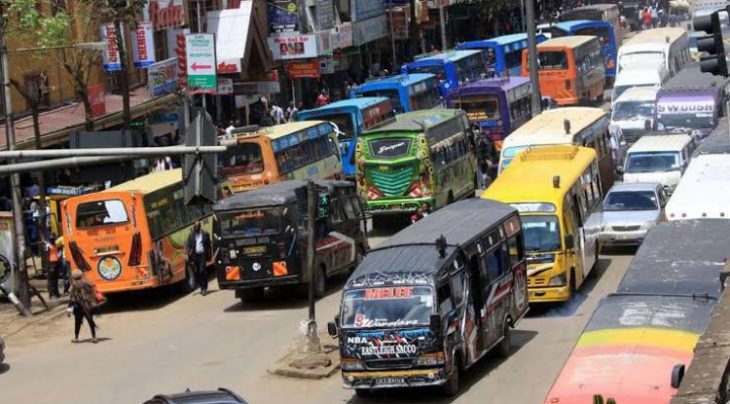Summit to discuss how TVETs can boost food systems change

In one of the memes that did rounds on social media, a comedian pointed out that Africa is a country, albeit out of lack of geographical knowledge of the continent. The continent is a collection of independent countries trying to build prosperity collaboratively through cooperation.
Today, May 5, the continent is convening in Nairobi for the Africa region food systems summit to take stock of progress made in food systems transformation. Participants will be assessing how this development aligns with the attainment of sustainable development goals, particularly around endemic poverty, hunger, youth unemployment, and the devastating effects of climate change.
As you are all aware, this column has so far been dedicated to exploring the nexus between technical, vocational education and training (TVET) and various SDGs. Today, in the spirit of Pan-Africanism – both in this column and at the summit for the next three days – we explore how the Africa TVET Agenda can play a part in accelerating food systems transformation across the continent.
Indeed, most African economies are heavily dependent on agrifood systems. And as Africa food systems envoy, Dr Ibrahim Mayaki, has previously observed, ensuring youth development by restoring their dignity is a sure way of getting them engaged in the continent’s development process. What better way to ensure enhanced dignity among young Africans than helping them acquire relevant technical skills that can enhance their productivity!
The situation calls for deliberate efforts to ensure the Africa TVET movement is not only progressive but also innovative. This is crucial because the speed of change is enormous, the challenges wicked. The kinds of skills required for food systems transformation must be properly examined to ensure that our investments today remain relevant and effective.
Africa, as a collective, is better placed to address its challenges synergistically than any one country acting alone. This makes a compelling case for deeper cooperation, collaboration, and partnership.
The best way to achieve this is by consolidating the Africa TVET agenda for food systems transformation. This agenda must be guided by the continent’s unique potential – its youth demographic advantage.
Skilling and reskilling for food systems transformation is imperative, given that we cannot solve today’s problems with the same thinking that created them. We must also be mindful of the escalating impacts of climate change, including extreme weather events, rising temperatures, rainfall variability, and land and soil degradation – all of which negatively affect food productivity.
Creating a strong coalition of young people with technical skills – empowered by optimally invested resources – will drive tremendous improvements in Africa’s fortunes, not just in food systems, but in tackling all sustainable development challenges.
The writer is a UN global food systems Youth Leader, Vocational and Technical Trainer, and Communication Consultant















